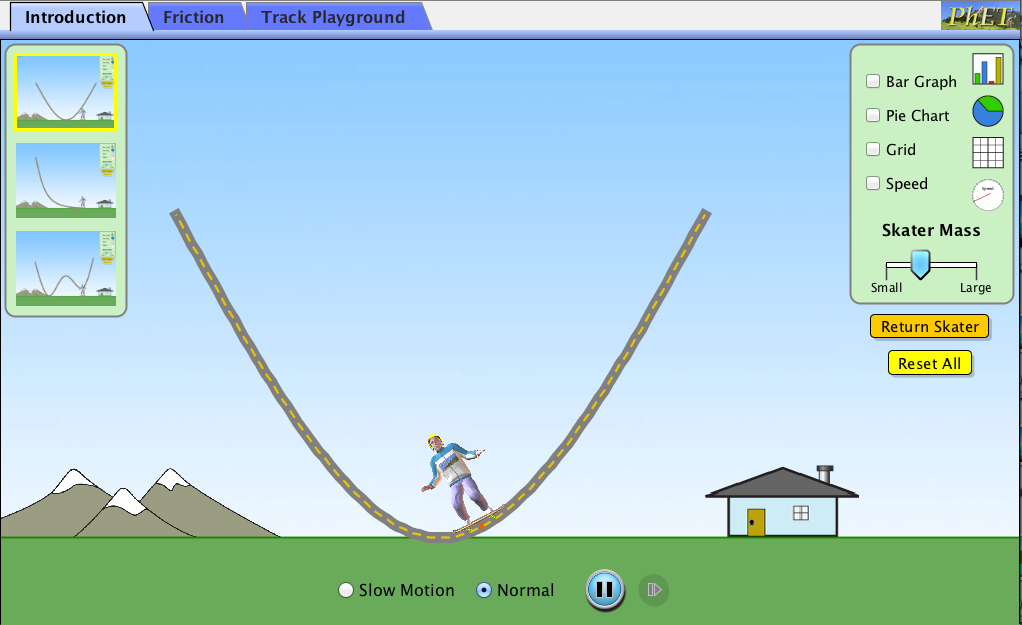@Uzaif-Talpur In my view, the use of digital tools in education offers both tremendous opportunities and challenges for the cognitive development of students. On the positive side, digital tools have the potential to enhance cognitive capabilities by providing dynamic, interactive learning experiences. Tools like educational apps, simulations, and online platforms allow students to engage with material in ways that promote critical thinking, problem-solving, and creativity. The ability to visualize abstract concepts, conduct virtual experiments, and access a wealth of information instantly can deepen understanding and stimulate intellectual curiosity.
However, the impact of digital tools is not uniformly positive. There are concerns that overreliance on technology may affect students’ attention spans and memory retention. Constant access to information can lead to superficial learning, where students may prioritize speed over depth of understanding. The distraction of multiple digital tools can also impact focus, which is essential for deep cognitive engagement. Additionally, students may lose some of the critical thinking skills developed through independent research, as digital tools often provide immediate answers.
Ultimately, I believe digital tools, when used thoughtfully and with balance, can significantly enhance cognitive capabilities. The key is to integrate them in ways that promote deeper engagement with content, encourage active problem-solving, and complement traditional learning approaches, rather than replacing them entirely.
